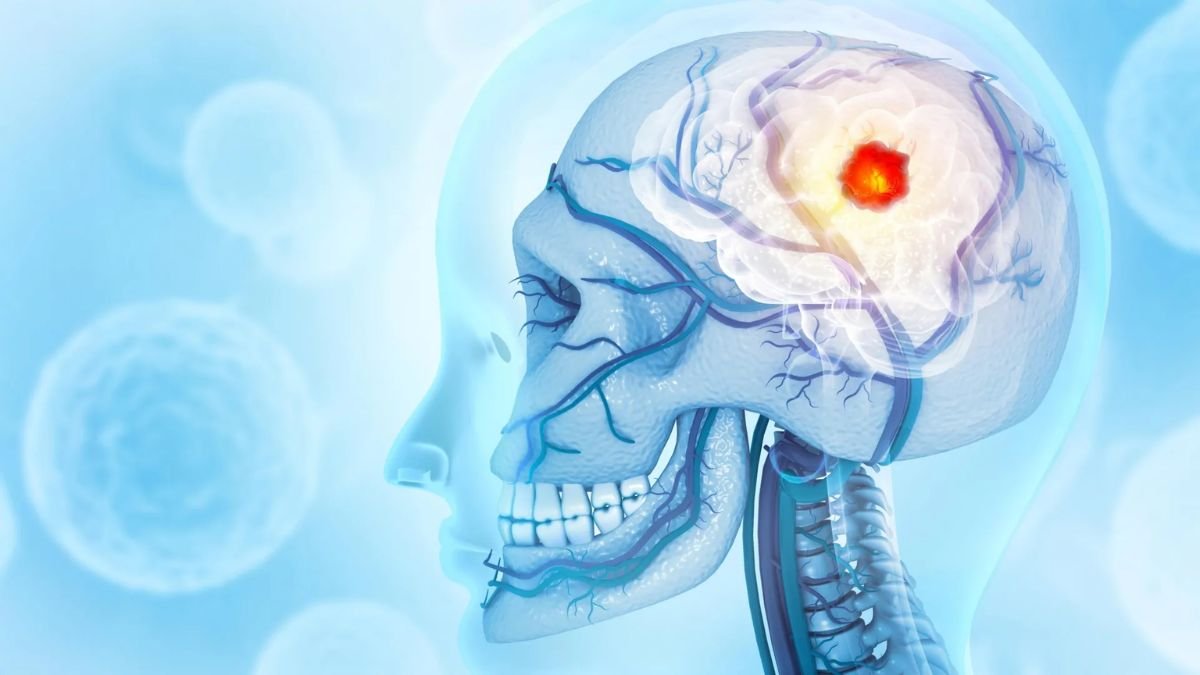Brain-related diseases such as Alzheimer’s, Parkinson’s, and brain tumors are affecting the lives of millions of people worldwide. Treating these diseases has long been a challenge for scientists because the complex structure of the brain and natural defense mechanisms like the blood-brain barrier prevent drugs from reaching the brain directly.
But now, Japanese scientists have discovered a new approach that could overcome these challenges – nanotechnology. This is a field of science where extremely small nanoparticles are used to deliver drugs to precise locations.
What is Nanotechnology and How Does It Work?
Nanotechnology is a branch of science that deals with the manipulation of matter on an atomic and molecular scale, typically ranging from 1 to 100 nanometers (one billionth of a meter).
The biggest advantage of this technology is that the nanoparticles created are so small that they can pass between the cells of our body and deliver drugs directly to the affected area.
Japanese scientists are designing these nanoparticles to cross the blood-brain barrier (BBB) – the membrane that separates the brain from the rest of the body and prevents most drugs from entering.
The Innovative Approach of Japanese Researchers
Institutions in Japan such as the University of Tokyo, Kyoto University, and Osaka Medical Center are conducting intensive research on nanomedicine.
Their goal is to offer new hope in the treatment of brain-related diseases.
Nano-drugs for Alzheimer’s disease: Japanese scientists have developed nanoparticles that can identify and neutralize harmful proteins (Amyloid Beta) accumulated in the brain. This slows down the process of memory loss and protects neurons.
Targeted Drug Delivery in Parkinson’s Disease: Researchers at Kyoto University have developed a special lipid-based nanosystem that delivers medication directly to dopamine-producing cells. This could provide patients with long-lasting relief.
Nanotherapy in Brain Tumor Treatment: Traditional chemotherapy drugs often fail to reach the brain, but “gold nanoparticles” developed by Japanese scientists can accumulate in tumor cells and destroy them using a laser, without damaging surrounding healthy tissue.
Techniques for Crossing the Blood-Brain Barrier
The blood-brain barrier (BBB) is a crucial protective layer of the body that shields the brain from toxins. However, this same layer poses the biggest obstacle to drug delivery.
Japanese scientists are working on three main techniques to overcome this barrier:
Lipid Nanocarriers: These microscopic particles encapsulate the drug and help it pass through the blood-brain barrier membrane.
Magnetic Nanoparticles: These can be guided to the targeted area of the brain with the help of a magnetic field.
Smart Nanoparticles: These are particles that activate in response to internal body conditions such as pH levels, temperature, or the presence of specific enzymes.
The Role of Nano Sensors in Real-Time Brain Monitoring
In addition to drug delivery, Japanese scientists are also developing nano sensors that can monitor brain activity in real time.
These sensors can help determine how effective a drug is or how quickly a disease is progressing.
In the future, this technology will allow doctors to receive immediate feedback during treatment and personalize treatment accordingly.
Advances in Nano-Vaccines and Neuroprotection
Japanese research is not limited to treatment but also focuses on prevention.
New nano-vaccines are being developed that can help protect the brain from viruses and inflammation.
For example, “nano-anti-inflammatory” compounds can be used in the early stages of diseases like Alzheimer’s to prevent the disease from progressing.
Clinical Trials on Patients (Clinical Trials in Japan)
Several nanomedicine projects in Japan have already reached the human trial stage.
Researchers at Osaka University, in a trial initiated in 2025, found that nanotherapy resulted in a 25% improvement in memory and a 40% reduction in side effects in Alzheimer’s patients.
Furthermore, another trial underway at the National Cancer Center in Tokyo is using nano-laser therapy on brain tumor patients, showing better results compared to traditional chemotherapy.
Global Impact and Future Direction
This Japanese initiative is setting an example not only for Asia but for the entire world.
Research institutions in the US and Europe are now also adopting the Japanese model and conducting collaborative research.
The World Health Organization (WHO) has also recognized nanomedicine as the “medical revolution of the future.”
In the future, nanotechnology-based brain therapy will be so precise and safe that doctors will be able to deliver medication to any part of the brain without surgery.
Additionally, this technology will reduce costs, making advanced treatment accessible to the general public.
Conclusion
The nanotech research being conducted by Japanese scientists has completely transformed the treatment of brain diseases.
While diseases like Alzheimer’s, Parkinson’s, or brain tumors were once considered almost incurable, the advent of nanomedicine has brought a new ray of hope.
Nanotechnology has proven that if science is used in the right direction, even a complex structure like the human brain can be understood and protected.
This journey by Japan is not just a revolution in the medical field, but also a new definition of health for future generations.
